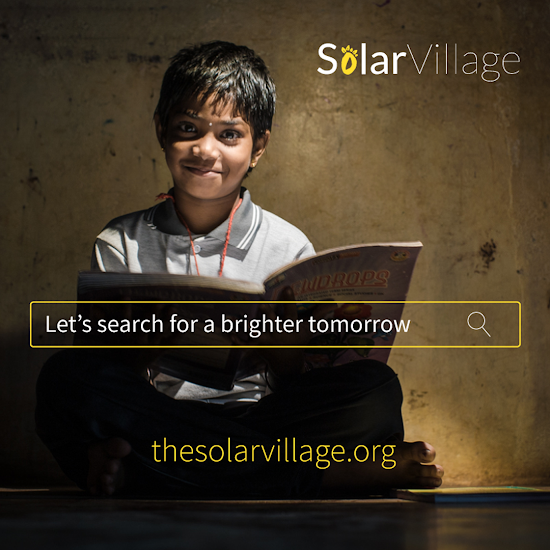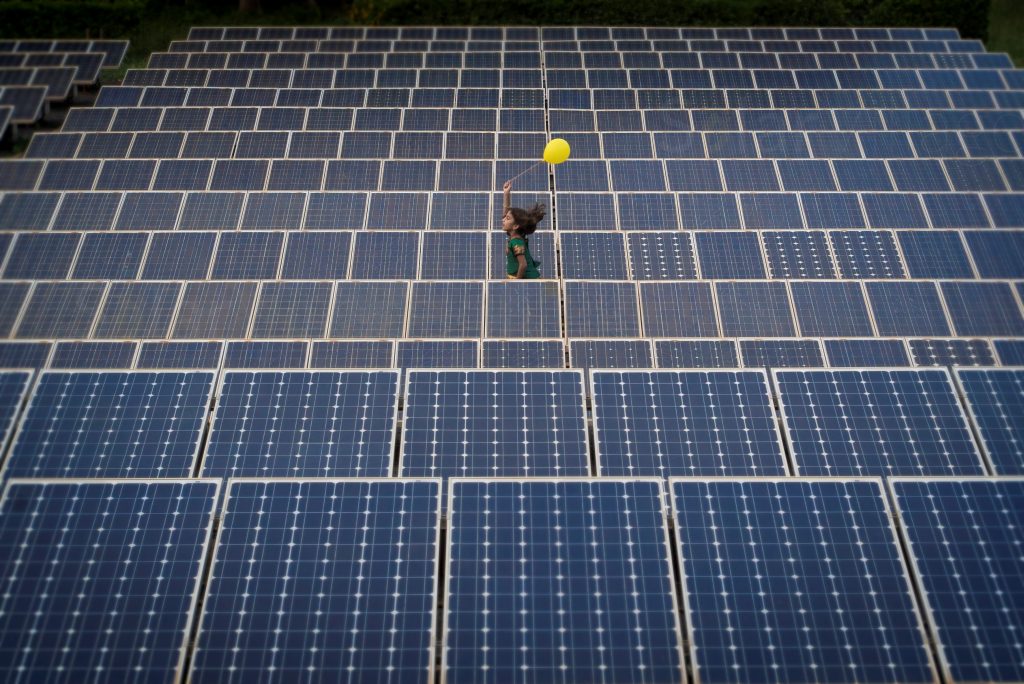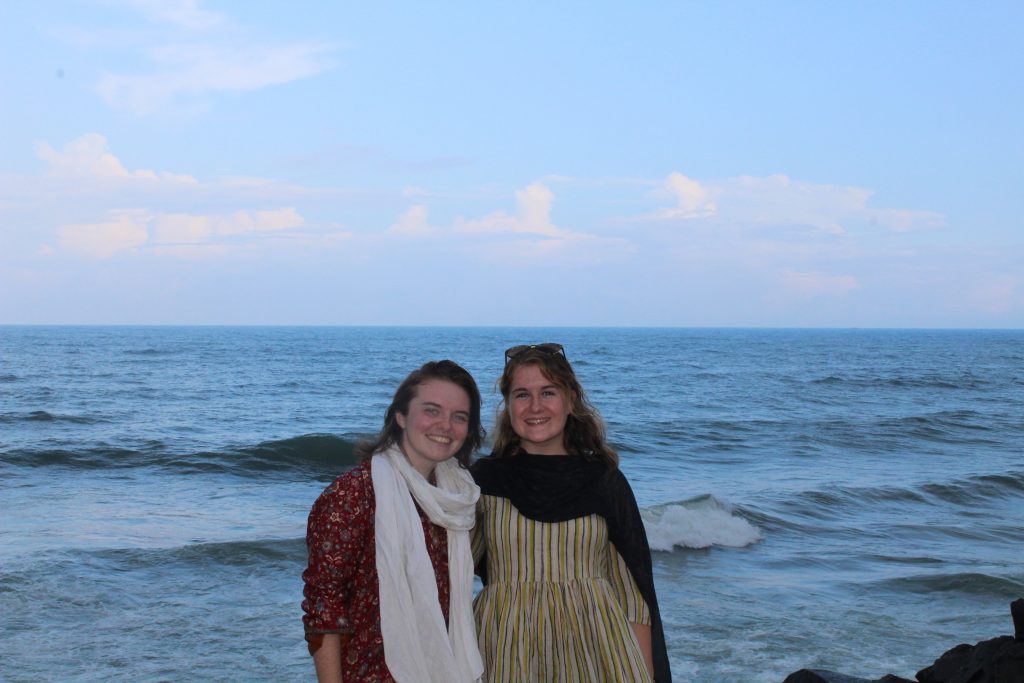SIT reciprocity: Two SIT India students help project to bring solar power to villages
December 5th, 2018 | SIT Study Abroad

A key feature of SIT programs is reciprocity. This is not “voluntourism.” It is meaningful engagement with another culture. SIT students recognize what the people in their host community have done for them and work with experts and activists within that community to do something that benefits the community in return.
Meaghan McElroy (Ithaca College) and Aedan Raleigh (Siena College), current students on SIT’s India: Sustainable Development and Social Change program, are both doing internships with Auroville Consulting’s Solar Village Search Engine project. We spoke with them to learn more about the project and about giving back to their community.
SIT: Tell us a little about this project.
Aedan: Auroville Consulting’s Solar Village Initiative aims to solarize 100 villages in the Villupuram District of Tamil Nadu by 2030. We are specifically working on the Solar Village Search Engine, which is a crowdfunding tool [through Bing] benefitting the Solar Village Initiative that launched on December 5th. With this tool, all search-generated income will be directly contributed to the efforts of the project. In order to be able to continue using Bing’s services, we are required to reach 100,000 searches per day within three months after the official launch.
Meaghan: I think that there are a lot of people who […] want to help people on a global scale and make a difference, but they might not have the time and resources to make that possible. I think a tool like the Solar Village Search Engine can help bridge that gap, and it really only takes the smallest change in your daily activities to make that possible.

SIT: How did you get involved with this project?
Meaghan: As part of the SIT India: Sustainable Development and Social Change program, smaller groups of students go to locations throughout India to study a topic more in-depth, kind of as a way to prepare for the independent period [when students can pursue either independent study or an internship]. Along with two other students and two of our instructors, Aedan and I went to Pondicherry and Tamil Nadu in late October to study “future cities” and how people can more sustainably interact with their environments. After a visit to PondyCAN in Pondicherry, we went to Auroville for a four-day workshop with Auroville Consulting’s Auroville Green Practices.
When we visited, we sat for a session about the Solar Village Search Engine and what the goals of the project are. I liked the idea of being able to help with a project that is aiming to create social change through sustainable development, and that anyone could possibly help create that change. That, and Auroville is such a unique place — it’s a community of 2,000 people from all over the world that live in South India because they believe in sustainability and human unity. It was hard to pass up the opportunity to come back during the internship period.
... no one should ever enter a community with the intention of teaching them the “right” way of doing things ...
Aedan: I loved the constant presence of sustainability and human progress in daily life practices throughout the community. The entire atmosphere of Auroville is so unique, and the idea of this type of experimental intentional living is definitely something that I wanted to look further into, so Meaghan and I, at the last second, decided to explore the possibility of going back for the internship period.
SIT: What have you learned about working with communities?
Meaghan: In our classes this semester, we learned that some of the best solutions to development issues are ones that are locally based, collaborative, and environmentally conscious. I would like to carry these principles with me with whatever work I do in the future.
Aedan: I think this project really resonates with me because I am very passionate about the approaches taken in community development. In my opinion, no one should ever enter a community with the intention of teaching them the “right” way of doing things, but rather, take the time to collaborate with the community and ask what would improve their livelihood. So much of the time outsiders enter villages, like the ones Solar Village is working with, believing that they have the solution, and in the process the community is completely ignored, creating unsustainable, potentially harmful, results.

SIT: What are your goals for the future?
Meaghan: I have a decent amount of experience with print journalism, and for a large part of my educational career, I thought I would be pursuing traditional journalism when I graduated. But now I’ve realized that I can do a lot with my media background that can directly advocate for social change. I’d like to pursue this idea further.
... some of the best solutions to development issues are ones that are locally based, collaborative, and environmentally conscious.
Aedan: I definitely would love to continue working in development. Before arriving in Auroville I thought that being an economics major meant that I would be working in strictly economics, and I knew next to nothing about renewable energy. But after working on the Solar Village initiative I have found myself feeling that a multidisciplinary perspective is necessary in handling the complex issues surrounding us. My plan for right now is to continue my studies in international political economics, but I would love to carry that into the field of development at some point. I have also worked with various nonprofits and NGOs at my school, and when I get back to Siena I am excited to start on a new project of community consulting through policy and data analysis.
If you would like to help the Solar Village project, you can set thesolarvillage.org as your web browser’s home page and start making all your searches there. You can also help spread the word about this project. Find out how!
